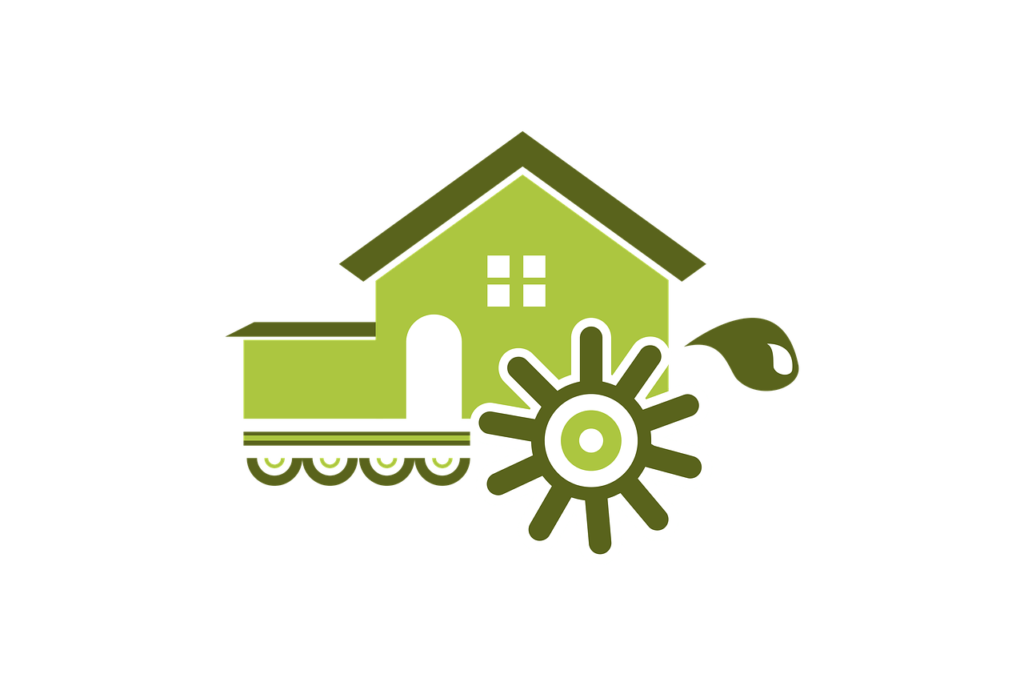Choosing Non-Toxic Materials for Artificial Plants
Are Artificial Plants Toxic?
Have you ever considered the impact of artificial plants on your health and environment? It’s essential to understand the materials used in artificial plants to ensure they are safe for you and your loved ones. In this article, we will explore the importance of choosing non-toxic materials for artificial plants and how to avoid hazardous substances in your home decor.
Why Choose Non-Toxic Materials?
When it comes to artificial plants, choosing non-toxic materials is crucial for several reasons. Firstly, toxic materials can pose serious health risks, especially if you have children or pets in your home. Secondly, these materials can also be harmful to the environment, contributing to pollution and waste. By opting for non-toxic materials, you can enjoy the beauty of artificial plants without compromising on safety.
Health Risks of Toxic Materials
Certain toxic materials used in artificial plants can release harmful chemicals into the air, leading to indoor air pollution. This pollution can cause respiratory issues, headaches, and other health problems, especially in individuals with allergies or asthma.
Environmental Impact of Toxic Materials
In addition to health risks, toxic materials in artificial plants can also have a negative impact on the environment. These materials can take years to break down, contributing to landfill waste and pollution. By choosing non-toxic materials, you can help reduce your carbon footprint and promote a healthier planet.
Common Toxic Materials in Artificial Plants
To make informed choices when selecting artificial plants, it’s essential to be aware of common toxic materials used in their production. Here are some of the most frequently used toxic materials to watch out for:
| Toxic Material | Potential Health Risks | Environmental Impact |
|---|---|---|
| Lead | Developmental issues | Soil and water pollution |
| Phthalates | Endocrine disruption | Wildlife contamination |
| BPA | Hormonal imbalance | Ocean pollution |
| PVC | Respiratory problems | Landfill waste |

This image is property of pixabay.com.
Safe Alternatives to Toxic Materials
Fortunately, there are plenty of non-toxic materials available as alternatives to the harmful substances in artificial plants. By choosing safe materials, you can create a beautiful and healthy environment in your home. Here are some safe alternatives to toxic materials to consider:
Silk
Silk is a popular material for artificial plants due to its realistic appearance and soft texture. Unlike toxic materials such as lead and phthalates, silk is non-toxic and safe for both indoor and outdoor use.
Polyethylene
Polyethylene is another safe material commonly used in artificial plants. It is durable, flexible, and environmentally friendly, making it an excellent choice for those looking for non-toxic options.
Paper
Paper plants are a creative and eco-friendly alternative to traditional artificial plants. Made from recycled paper, these plants are non-toxic and biodegradable, reducing environmental impact.
How to Identify Non-Toxic Artificial Plants
When shopping for artificial plants, it’s essential to know how to identify non-toxic options. Here are some tips to help you choose safe and healthy artificial plants for your home:
Read Labels
Always check the labels on artificial plants to see what materials are used in their production. Look for certifications such as “non-toxic” or “environmentally friendly” to ensure you are getting a safe product.
Smell Test
Toxic materials often have a strong chemical odor, so be sure to give artificial plants a quick sniff before purchasing. If the plant smells like chemicals, it could contain harmful substances.
Research Brands
Do some research on brands that specialize in non-toxic artificial plants. Look for reviews and certifications that verify the safety and quality of their products.

This image is property of pixabay.com.
Benefits of Non-Toxic Artificial Plants
Choosing non-toxic artificial plants offers a wide range of benefits for your health and the environment. Here are some of the advantages of opting for safe and eco-friendly materials:
Improved Air Quality
Non-toxic artificial plants do not release harmful chemicals into the air, improving indoor air quality and reducing the risk of respiratory issues.
Safe for Children and Pets
With non-toxic materials, you can have peace of mind knowing that your artificial plants are safe for children and pets to be around.
Sustainable Choice
Non-toxic materials are more sustainable and environmentally friendly, reducing waste and promoting a healthier planet for future generations.
Conclusion
In conclusion, choosing non-toxic materials for artificial plants is essential for protecting your health and the environment. By being aware of common toxic materials, opting for safe alternatives, and knowing how to identify non-toxic plants, you can create a beautiful and healthy home decor. Remember, your choices matter, so make sure to select non-toxic artificial plants for a safer and more sustainable living space.



